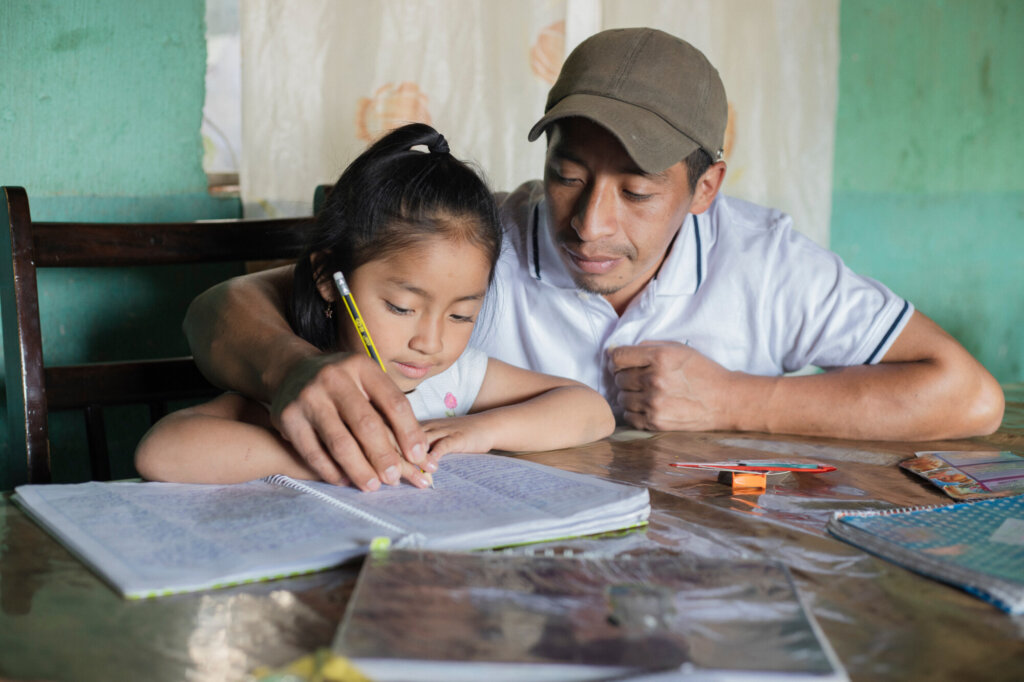
Resource Category: Education and Human Capital
The term “human capital” expresses the idea that a person’s skill or expertise functions similarly to economic capital, with their ability to earn money increasing as their skills increase. Most researchers agree that higher levels of education lead to higher incomes, but there’s some debate over how much different levels of education ultimately contribute to racial wealth gaps.
Why Education & Human Capital Matter
The term “human capital” expresses the idea that a person’s skill or expertise functions similarly to economic capital, with their ability to earn money increasing as their skills increase. Most researchers agree that higher levels of education lead to higher incomes, but there’s some debate over how much different levels of education ultimately contribute to racial wealth gaps.
The Asset Value of Whiteness, for instance, argues that while higher education is associated with greater wealth for Americans of all races, the typical White adult with a college degree still has 7.2 times more wealth than the typical Black adult with a college degree, and 3.9 times the wealth of a Latino college graduate. Because of this type of effect, the authors argue that education-focused strategies alone would do little to close racial wealth gaps. Instead, they argue for direct remediation of racially discriminatory wealth-building policies like racial exclusion from federally subsidized home loans and the full benefits of the GI Bill.
Racial Wealth Disparities: Reconsidering the Roles of Human Capital and Inheritance, on the other hand, argues that simple measures of college attainment mask real differences in human capital, such as whether someone pursues a higher-paying field of study. Authors aim to address this by looking at years worked and actual earnings levels as a measure of “human capital,” finding that these two factors combined account for 60 percent of the current White/Black wealth gap for families at the median. Under their approach, human capital is a much larger factor in explaining racial wealth gaps than, say, inheritances, which get more emphasis in The Asset Value of Whiteness. Inheritances do overwhelmingly go to White families, but still only one-third of White families receive any inheritance at all.
Nonetheless, meaningful overlap between these papers remains, with both acknowledging, for instance, that where educational resources are not equally distributed by race, this has led to troubling racial disparities later in life. Authors of both papers likely agree that structural reforms to deliver greater racial equity in our K-12 schools would help close racial wealth gaps, although they likely differ on how much.

